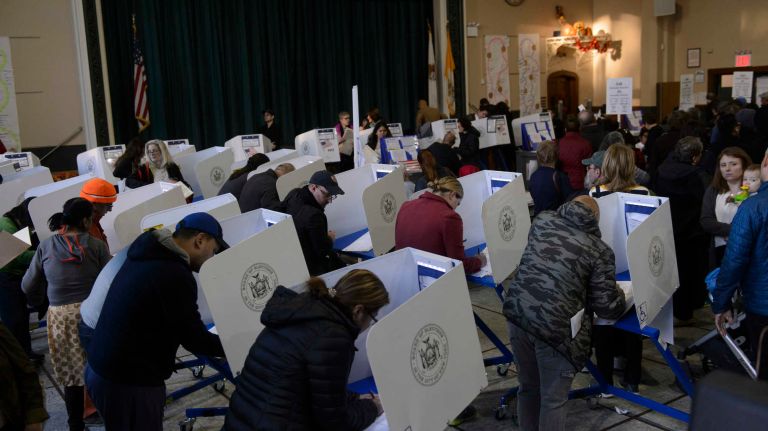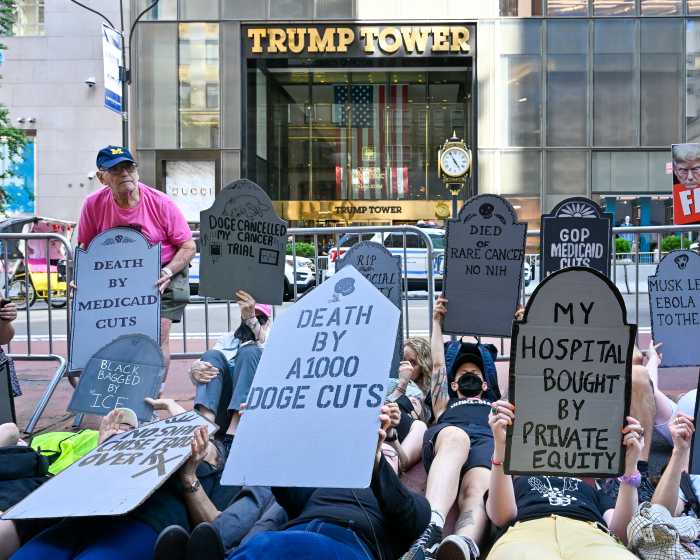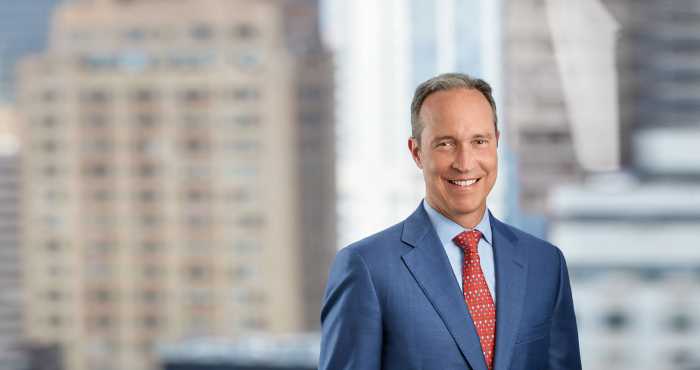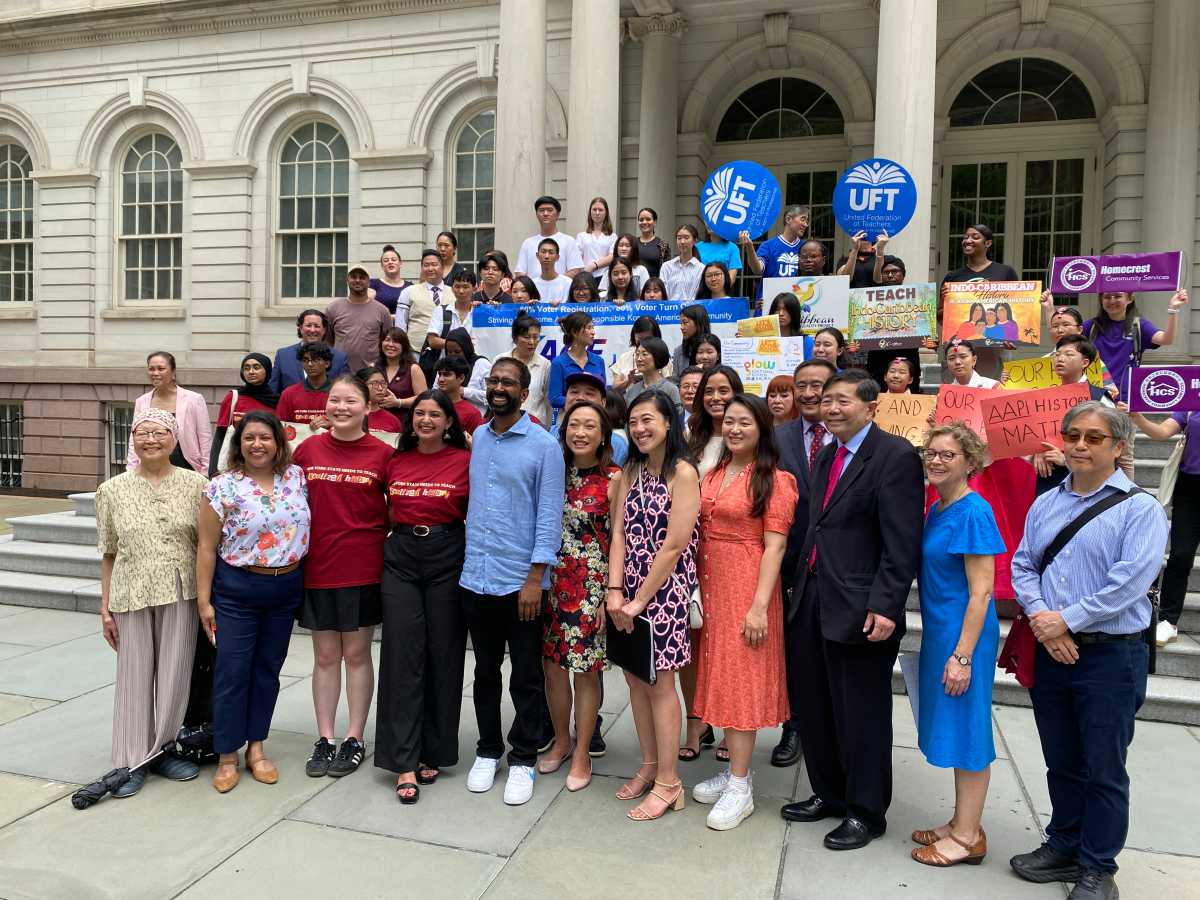BY MARINA VILLENUEVE
A plan to root out corruption by using public money to fund campaigns in New York is moving forward.
A commission of political appointees hashed out a system to spend up to $100 million in public funds on elections, and lawmakers had until Sunday to return for a rare special session to outright reject the plan — which they did not do.
The plan has drawn scrutiny from Republicans and Democrats alike who are expected to fine-tune the plan’s details next year. And lawmakers will have time to make changes: Commissioners delayed the program four years for state legislative races and six years for statewide races.
Democratic Governor Andrew Cuomo has promised the program would be “the best in the United States” and said the matter was too thorny to leave up to lawmakers who have long failed to pass such reform.
New Yorkers who give $250 or less would see their donations matched with public funds 6 to 1 for statewide office candidates such as governor. So a $100 donation would be worth $700 to a candidate.
Donations to local candidates would also be matched: 12 to 1 for the first $50, 9 to 1 for the next $100 and 8 to 1 for the final $100.
Candidates will face limits of $5,000 per donor for Assembly races and $10,000 for Senate races, down from roughly $9,000 and $19,000. New York’s campaign finance limits are the highest in the country, and federal presidential candidates can raise $5,600 from a single donor.
Voting rights groups have called New York’s plan a big step forward but said lawmakers should lower limits political contributions and ensure independent oversight of the system.
“Evidence suggests the Public Campaign Financing Commission was what the cynics had alleged: a public face for a backroom deal struck between the governor and legislative leaders,” Dave Palmer, campaign director of the Fair Elections for New York campaign, said in a statement.
The offices of Cuomo and the Senate and House legislative leaders didn’t immediately respond to requests for comment Monday. This month, Cuomo cautioned lawmakers against trying to change parts of the plan by saying: “You can’t pull out one piece of the system and expect the system to work.”
The commission, meanwhile, is facing lawsuits filed by Republicans, minor political parties and good government groups who claim the commission is overstepping its authority and hurting third parties.
Leaders of minor political parties had sued over concern that the commission would end New York’s practice of so-called fusion voting, which allows candidates to accept the nomination of more than one political party and appear on more than one ballot line.
The commission ended up leaving fusion voting alone. But minor party supporters said the commission’s plan still makes it hard for smaller parties to get on the ballot.





































